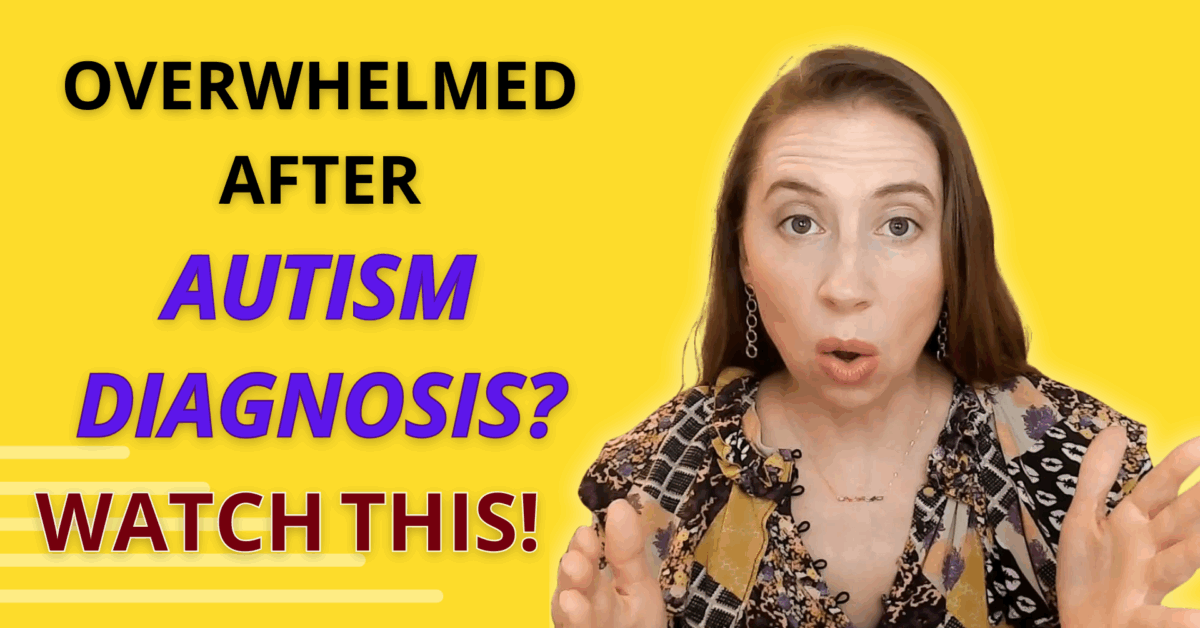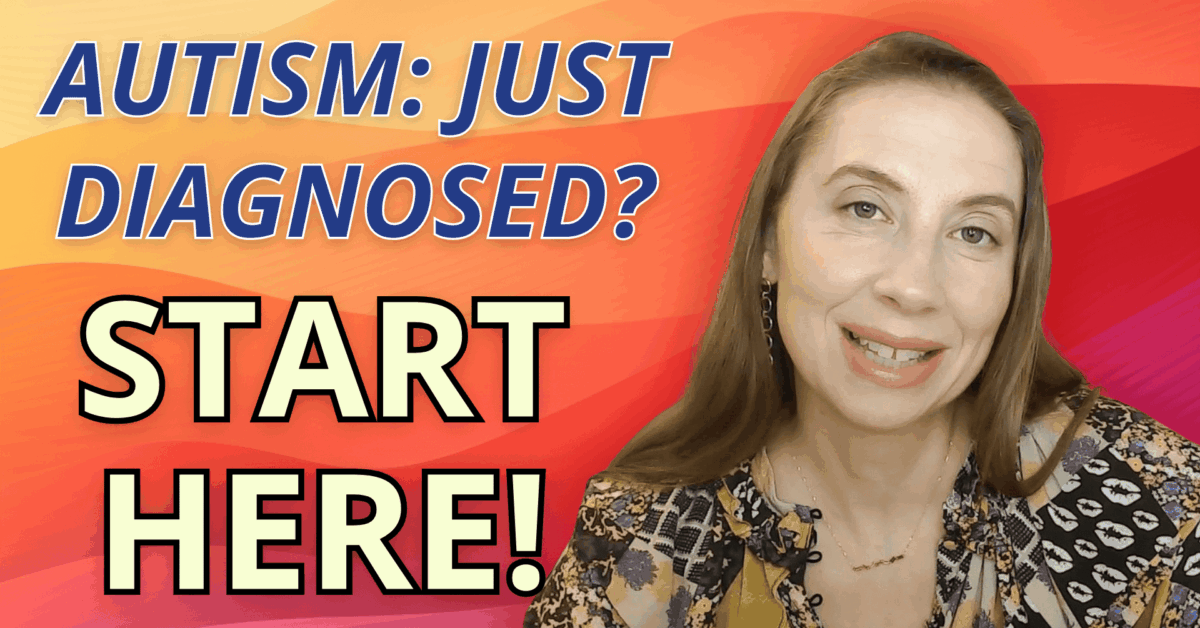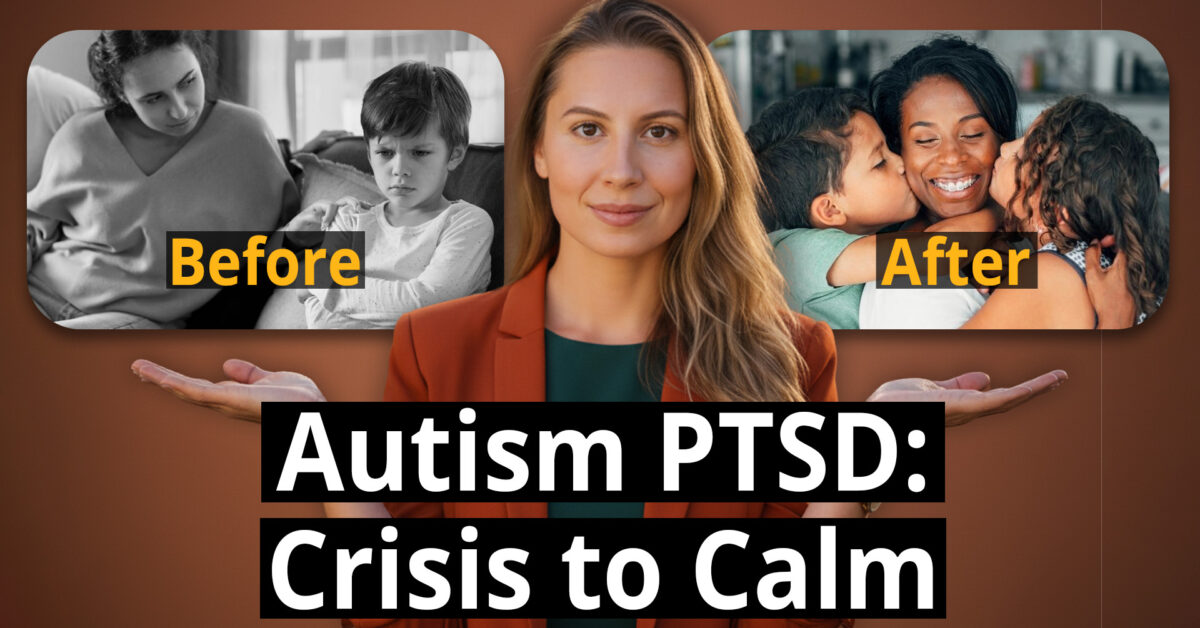What no one tells you after an autism diagnosis. If you’ve just received an autism diagnosis for your child, or you’re on a waitlist and feel like the world has just flipped upside down, I want you to know something right away. You’re not alone, and you’re not doing this wrong.
I’ve spoken with thousands of parents around the world, and they all say the same thing. Why didn’t anyone tell me what to do next? That’s what this post is for. No one tells you. So let’s get real about what happens after a diagnosis.
A load of emotions
Firstly, you’re going to feel some element of relief, but also grief at the same time. Probably a whole host of other emotions, too. You finally have a name for what you’ve been noticing about your child, but now you’re staring down a future you didn’t plan for. And that’s normal. It’s not a sign that you’re a bad parent. It’s a sign that you love your child deeply.
Copious confusion
Number two, there is no manual. And Google and Grok, they will just break your brain. One minute, it’s get ABA immediately, and next, it’s never touch ABA. You’ll hear about different diets and detox, and miracle supplements, and a lot of fear. There is no shortage of information, but there is a shortage of quality information as well as strategy.
An abundance of advice
Number three, people will give you advice you didn’t ask for. Your sister might send you a video, your neighbor might say, “My son didn’t talk till he was four.” You’ll smile, you’ll nod. And inside, you’ll wonder if anyone really gets what you’re going through.
Doubt overdose
Number four, you will second-guess yourself. Constantly. Am I doing enough? Am I doing too much? What if I’m missing something important? That’s why I always tell parents, it’s not about doing everything. It’s about doing the next right thing for your child.
Hold on to hope
And here’s something most people never tell you because they don’t know it. The latest autism research shows that 37% of children diagnosed with autism later lose that diagnosis. That doesn’t mean they masked it or somehow just outgrew autism. It means they got the right support. Their nervous system developed. They went on to live full lives. No extra help in school. They made friends, played sports. They have their independence and joy on the daily. They just got to live their life. For 37% of kids, that’s possible. That’s what the research shows.
And whether your child is in that 37% or not, your family deserves access to that clarity and information. That’s why we built the Navigating AWEtism platform to give parents science-backed tools and real guidance at the exact moment that they need it most. If you’re interested in learning more, please click the link.




